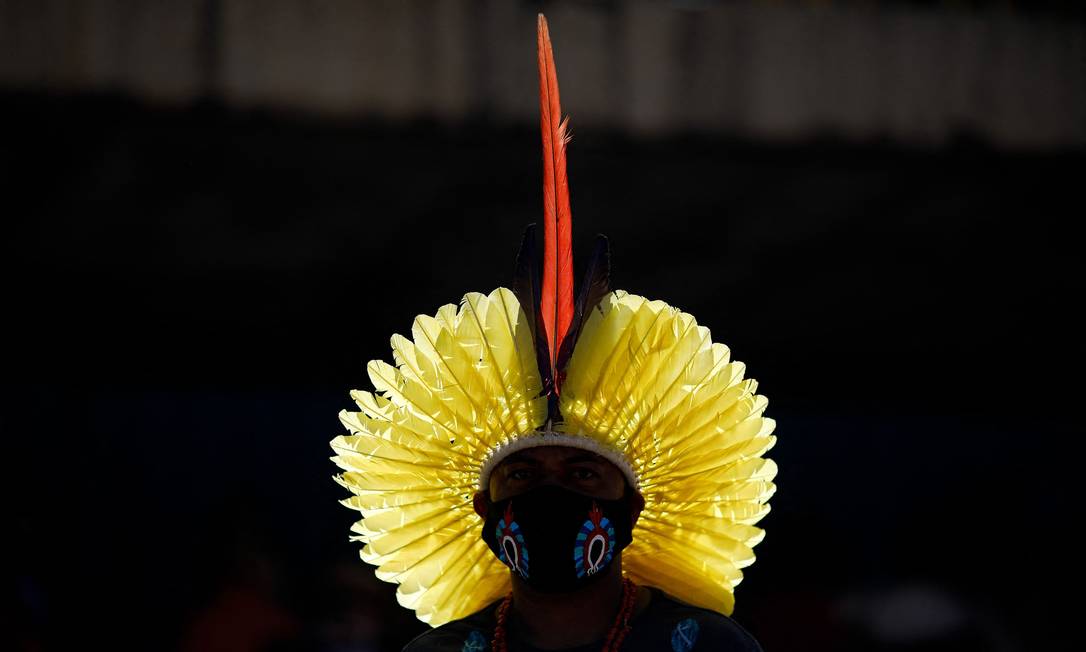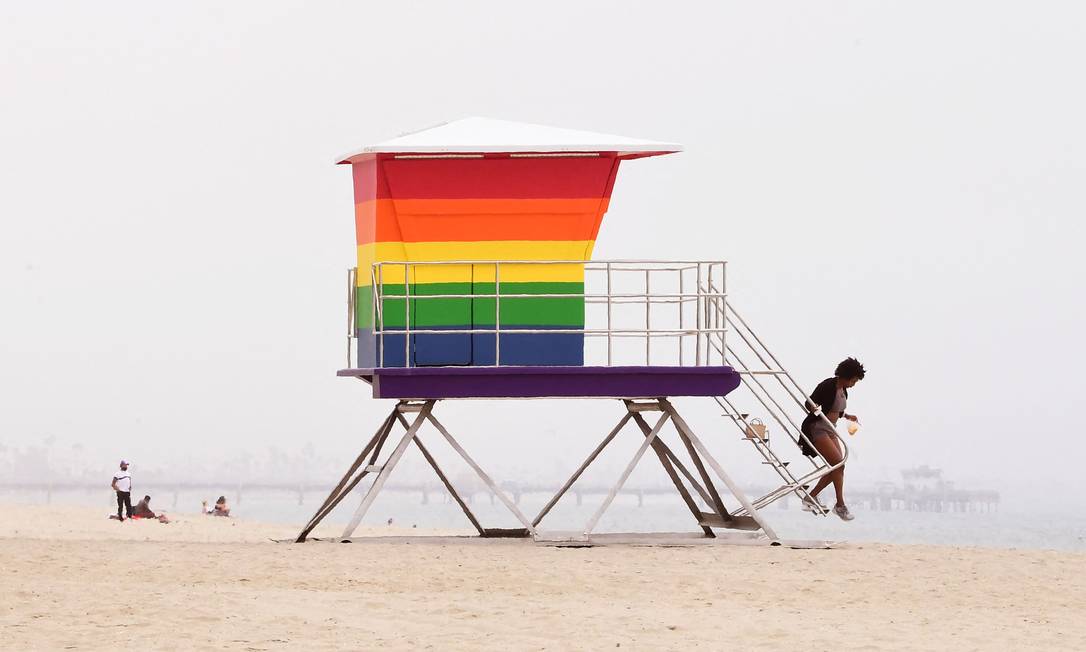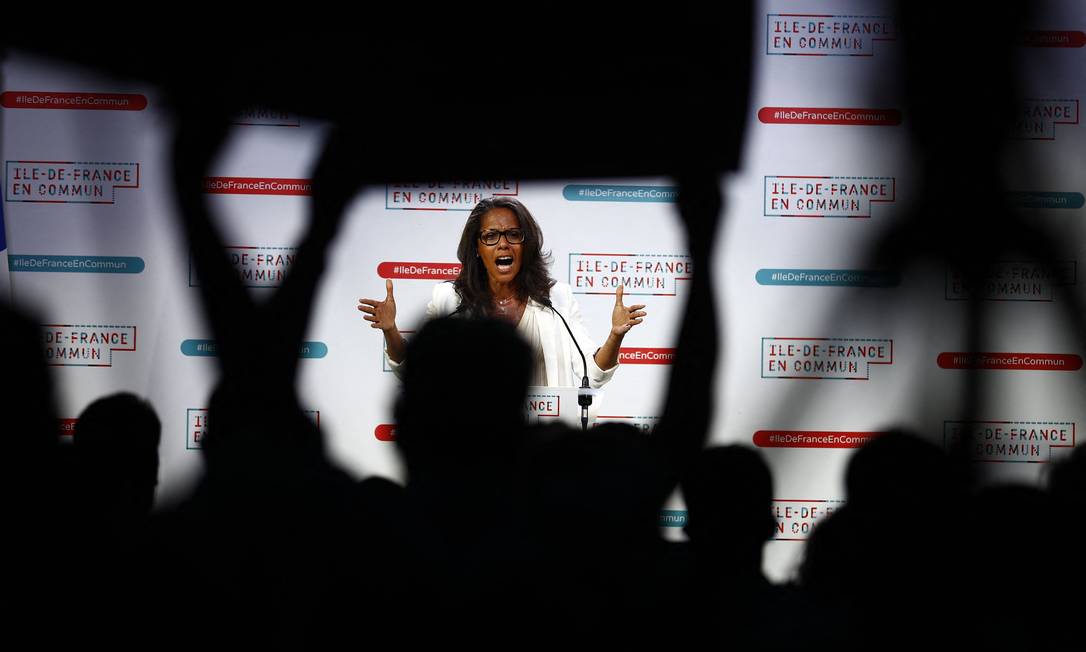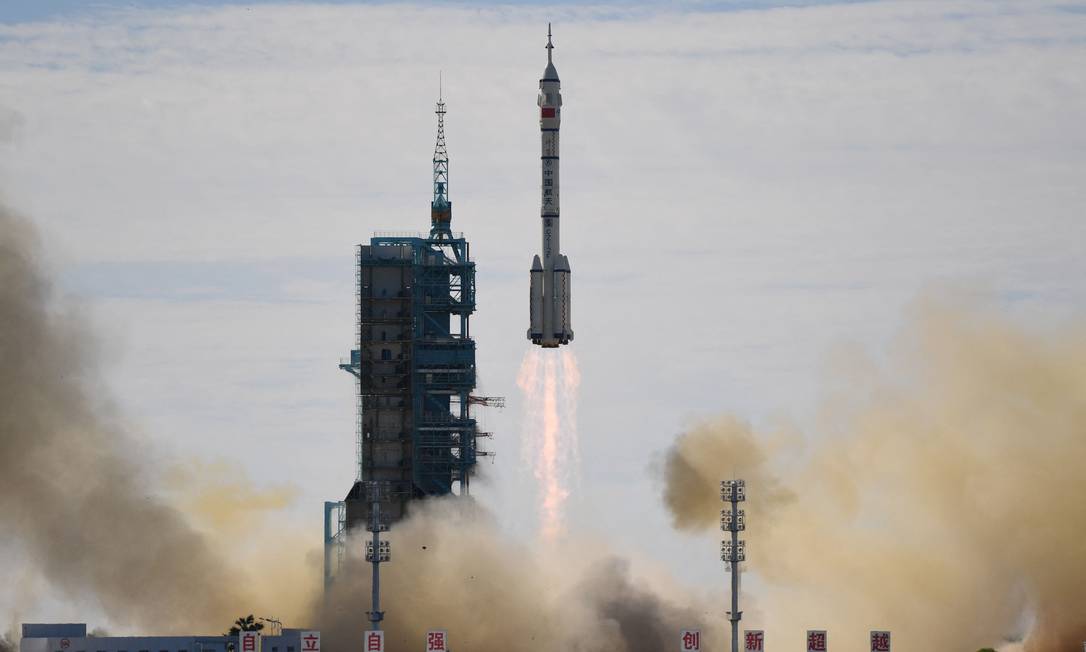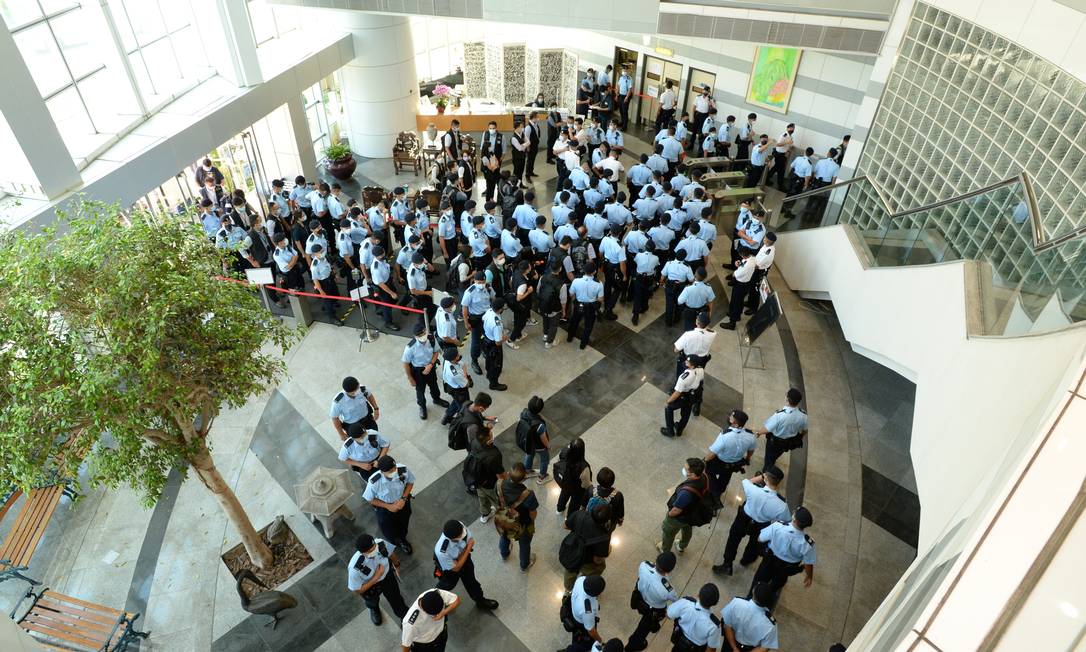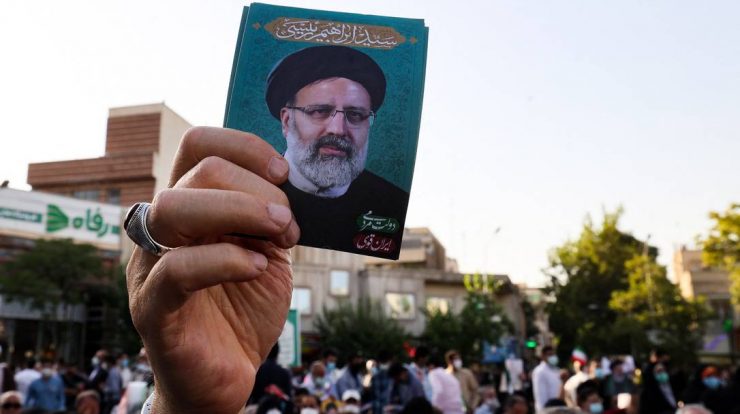
For the second time in just over a year, and still in the midst of an epidemic that has killed 82,000 people in the country, Iran returns to the polls on Friday, this time to choose the successor to moderate President Hassan Rouhani, almost entirely. A definite victory for the conservative head of the judiciary, Ibrahim Raisi – an outcome that will bring all the institutions of the Islamic Republic under the control of the so-called “hard line”.
According to opinion polls, turnout should be the lowest since the 1979 revolution, the result of voter indifference to the serious economic crisis, the impasse over the nuclear program (and sanctions), the pandemic that has left nearly 83,000 dead, and the discrediting of the regime established four decades ago.
The new president’s first challenge will be to provide some perspective on economic recovery for a country whose GDP faced three consecutive years of recession above 6%, between 2018 and 2020, as the Covid-19 pandemic recovered.
economic disaster
Iran’s economy is far from dynamic, as it enjoys strong influence from the state and companies linked to the Revolutionary Guards. The currency, the riyal, is one of the lowest in the world, but the recent actions of the central bank, led by Abdel Nasser Hemmati, the only moderate in the electoral race, have succeeded in stabilizing prices in recent weeks – the topic was widely discussed in the three debates between the candidates, as My mission was my favorite target. Inflation is around 40%, while unemployment is at 11.2%, according to the International Monetary Fund.
veto:With the contestants out of the electoral race in Iran, conservatives are betting on the return of the presidency and the succession of Khamenei.
But any recovery depends on a positive end to talks about a US return to the Iran nuclear program deal, which then-President Donald Trump abandoned in 2018, and who adopted the sanctions policy known as “maximum pressure”, in effect an economic blockade. . The 2015 agreement provided strict controls over Iran’s nuclear activities, and in return it lifted sanctions and normalized the country’s trade relations with the world. Analysts expect that with the lifting of US sanctions, Iran can in a few months increase its oil production from the current 2.1 million / day to 3.8 million / day.
As voters head to the polls, diplomats from Iran, the United States and the other signatories (France, Germany, Russia, China and the United Kingdom, as well as the European Union), are negotiating talks in Switzerland – a process that, although to the dismay of part of the hard line, should not change Today’s election results.
He even called for a so-called “resistance economy”, calling for autonomy to counter external sanctions, and attacking what conservatives call “concessions” to the West, a major pledge already in support of the agreement before. Not to mention that the final decisions on foreign policy (or major national issues) are not made by the president, but by Supreme Leader Ayatollah Khamenei.
“I don’t see a problem with Ibrahim Raisi winning the elections,” said Abbas Araqchi, head of the Iranian delegation to the negotiations. The nuclear negotiations are part of the country’s overall political context.
honest words?:Iran’s supreme leader says some candidates barred from presidential elections ‘were wronged’
In this crisis scenario, the decision to block reformist and moderate candidates, repeating the conspiracy of last year’s legislative elections, may be decisive for one of today’s worst, if not worse, turnout. Optimistic polls show that only 45% of eligible voters plan to vote, well below the 70% average for the last election.
Opponents preach boycott
The same polls show Raisi should be elected in the first round, with more than 60% of the vote, away from direct opponents such as the eternal conservative candidate Mohsen Rezaei, the former head of the Revolutionary Guards, with 7%, or a moderate. My mother-in-law is 4%. Islah leaders and some conservatives, such as former President Mahmoud Ahmadinejad, who was banned from running, are calling for a boycott.
Analysts see the selection of candidates as the way Khamenei has found control of all levels of power, and now with an ally president and potential successor as supreme leader – it will be a repeat of the path followed by Khamenei, who was president between 1981 and 1989. Before taking over as the leader of the Islamic Revolution, Ayatollah Khomeini.
“The likely explanation for Khamenei and the Council of Guardians shifting the balance decisively to help Raisi is that they have reason to believe he would not oppose structural changes to stabilize the system while ensuring the survival of the Khamenei family and their vision for revolution,” Ali Vaez, director of the Iran program at the International Crisis Group think-tank, wrote in Foreign Magazine. Avers.

“Friendly zombie guru. Avid pop culture scholar. Freelance travel geek. Wannabe troublemaker. Coffee specialist.”


